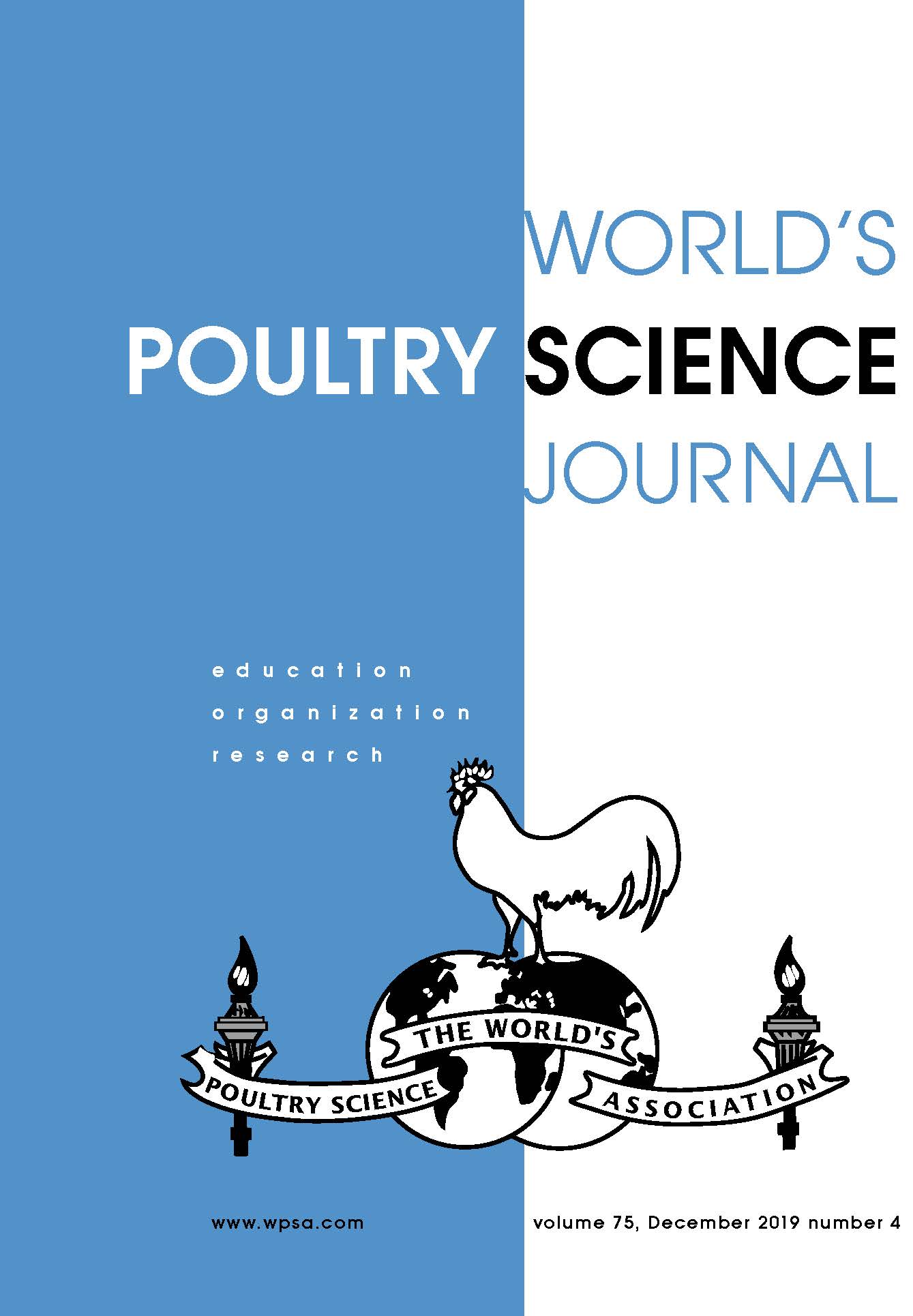Article contents
Growth performance and metabolic response of the gastrointestinal tract of turkeys to diets with different levels of mannan-oligosaccharide
Published online by Cambridge University Press: 02 February 2007
Abstract
In four studies, we evaluated the influence of dietary MOS on the performance of turkeys and their intestinal health status at various stages of the production. Turkey growth, feed efficiency and large intestine parameters were examined after 4-, 8- and 16-week administration of diets with different levels (0.1 to 1.0%) of a MOS. The experimental 4- and 8-week feeding with various levels of MOS (up to 0.5%) did not affect the productivity of the birds, yet medium (0.4 and 0.2% in the first and second 8-wk periods, respectively) and high (1.0 and 0.4% in the first and second 8-wk periods, respectively) levels of dietary MOS were found to significantly increase live body weight after feeding for 16 weeks. At the age of 8 weeks, we observed a similar effect of MOS and inulin on the productivity parameters. The caecal metabolism was affected by dietary mannan variously depending on the dose of MOS and the age of birds. Generally, the dietary mannan-oligosaccharides more considerably changed caecal metabolism at early ages. At 4 weeks of age, we found some positive effects of adding MOS to the diet, such as lowering ammonia concentration and decreasing β-glucuronidase activity in the caeca, as well as some negative effects, including decreased bacterial glycolytic activity and raised pH of digesta. In our 8-week experiment, non-linear changes were observed in the parameters of caecal digesta at different doses of MOS. It seems that dietary supplementation with 0.25% MOS, compared to other doses, exerted a specific effect on gut-colonizing microflora enhancing its proliferation and activity, which has been reflected in a higher concentration of Lowry's protein and an increased glycolytic activity. After feeding the turkeys for 16 weeks, their caecal metabolism was affected by dietary MOS to some extent. Although MOS did not change the caecal pH or the bacterial enzyme activity, when applied at medium and higher doses it decreased ammonia as well as SCFA concentration (mainly acetate) in the caecal digesta. Dietary MOS had no significant effect on the caecal populations of Bifidobacterium and Lactobacillus, whereas the populations of caecal E. coli were observed to decrease, especially upon medium and high experimental concentrations.
- Type
- Review Article
- Information
- Copyright
- Copyright © World's Poultry Science Association 2006
References
- 1
- Cited by


